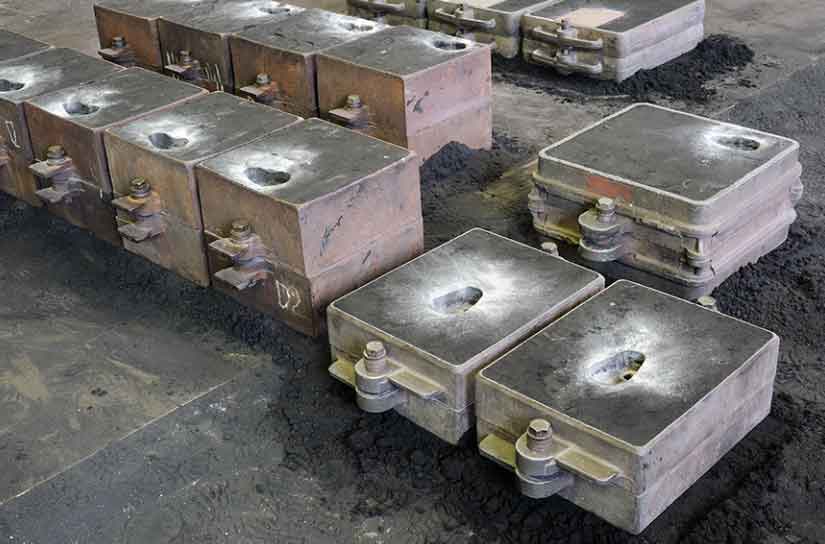
Resin sand casting offers several advantages that contribute to precision and reproducibility in the manufacturing process. These benefits have made resin sand casting a preferred method for producing high-quality components with consistent results. Here are some key advantages of resin sand casting that enhance precision and reproducibility:
1. Improved Dimensional Accuracy:
- Resin sand casting provides better dimensional accuracy compared to traditional green sand casting. The use of resin-bonded sand and controlled curing processes result in more precise and consistent part dimensions.
2. Reduced Variation:
- The consistency in mold quality and material properties in resin sand casting reduces the variation between castings. This leads to more uniform parts, minimizing the need for post-casting adjustments and reducing scrap rates.
3. Superior Surface Finish:
- Resin sand casting delivers a finer surface finish compared to traditional sand casting methods. This results in castings with smoother surfaces and reduced surface defects, requiring less finishing work.
4. Reproducibility in Core Production:
- Resin sand casting allows for the use of pre-made cores produced from 3D-printed patterns. These cores are more accurate and consistent, leading to better reproducibility in complex castings.
5. Controlled Solidification:
- Resin sand casting enables better control over the solidification process, minimizing the risk of defects like porosity and ensuring consistent mechanical properties throughout the casting.
6. Design Flexibility:
- The versatility of resin sand casting allows for the production of intricate designs and complex geometries with high precision. This design freedom results in components that meet precise engineering requirements.
7. Rapid Prototyping and Iteration:
- Resin sand casting’s rapid prototyping capability allows for quick iterations and design improvements. This speed and flexibility contribute to precision by fine-tuning the design before full-scale production.
8. Tooling Stability:
- The use of durable resin-bonded molds ensures stability during the casting process, reducing dimensional shifts and improving the reproducibility of castings.
9. Material Selection and Performance Optimization:
- Resin sand casting accommodates various materials, allowing manufacturers to choose materials with specific mechanical properties to optimize the performance of the cast components.
10. Process Control and Monitoring:
- With advancements in digitalization, foundries can implement real-time process control and monitoring to ensure consistency and quality in each casting.
The combination of dimensional accuracy, surface finish, design flexibility, and process control in resin sand casting contributes to the precision and reproducibility of the components produced. These advantages make resin sand casting a reliable method for manufacturing high-quality products with consistent results, meeting the stringent requirements of various industries.
